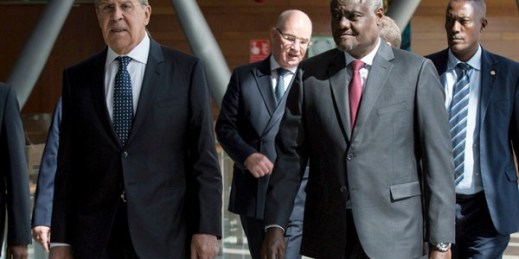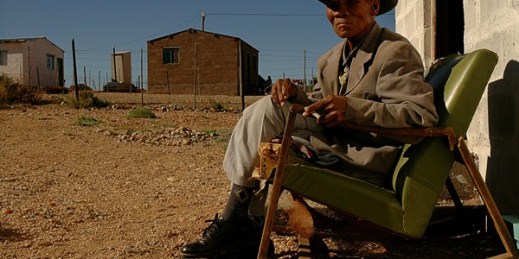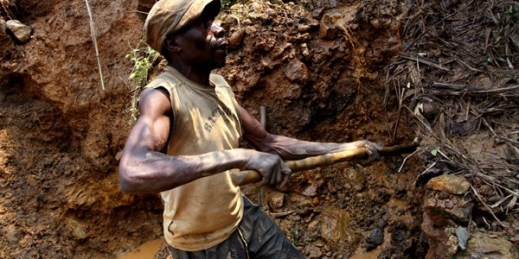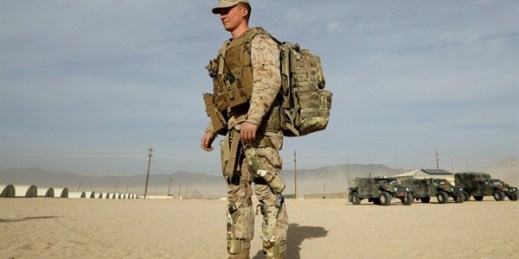
In early March, Russian Foreign Minister Sergey Lavrov embarked on a five-country tour of sub-Saharan Africa. During his trip, Lavrov signed new trade agreements with Russia’s two long-standing partners in southern Africa, Angola and Mozambique. He also strengthened Moscow’s diplomatic ties to Zimbabwe’s new government and highlighted the role Russia could play providing security to several countries facing political unrest at home. Even though Russia’s power projection capabilities on the continent remain limited, the broad range of deals signed by Lavrov suggests that Russia is actively seeking to expand its economic and security influence in Africa, and perhaps reassert some […]






